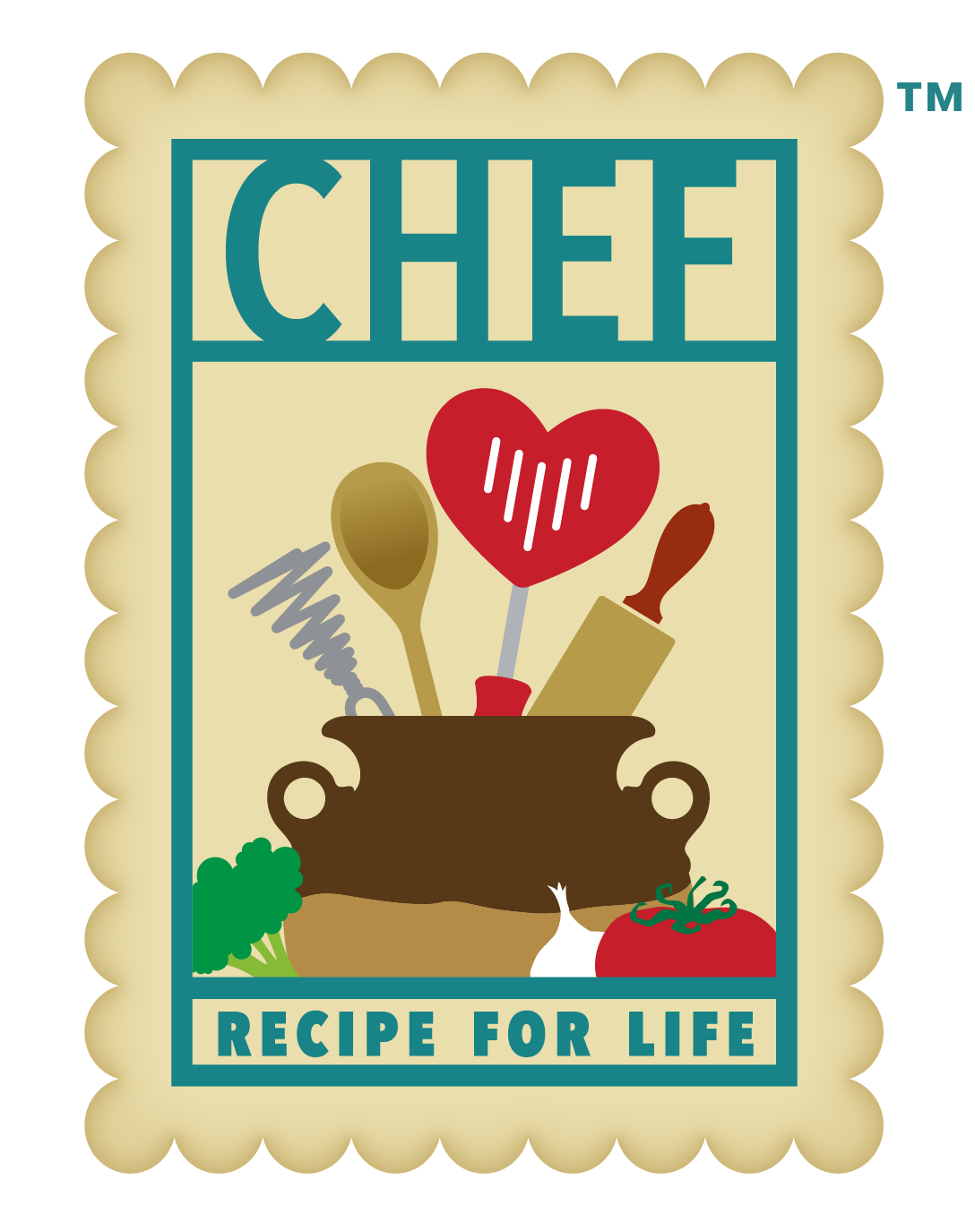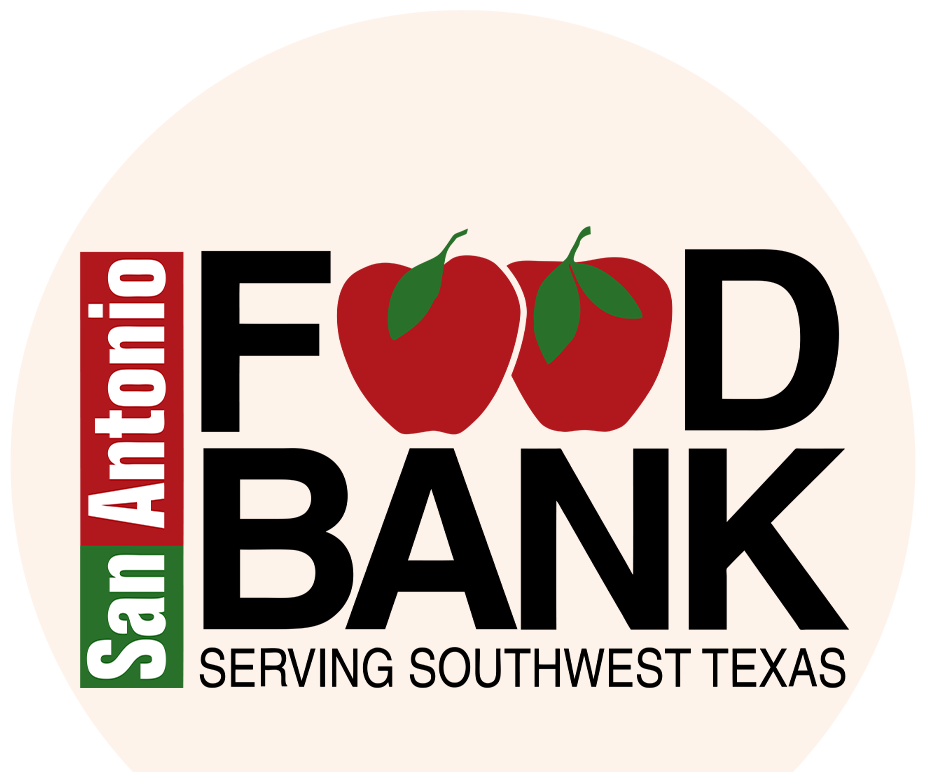by Celina Parás, MSc, RDN, LD
Nutrition Education Specialist, CHEF, The Children’s Hospital of San Antonio
By now, you’ve probably heard about probiotics and prebiotics. You can find them as supplements and they’re even added to foods at the super market, but did you know you can also find them naturally in many foods?
Probiotics and Their Role in Health and Food Sources
Each person houses thousands of bacteria in their gut. While most play an important role in health, others may be harmful by disrupting our gut balance. Probiotics are ‘friendly’ bacteria that promote digestive health and offer other potential benefits by helping balance our gut-flora. Research has shown that including probiotics into your diet may be a good for your overall health. While there are trillions of different strains of probiotics, Lactobacillus and Bifidobacterium are two strains in particular that have been demonstrated to promote digestive health. Studies have shown that a healthy gut-flora is associated with many health benefits including; better nutrient absorption, a strong immune system, heart health, and brain health.
Probiotics are naturally found in foods like yogurt, kefir, and cheese. Non-dairy sources of probiotics include products made from fermented cabbage such as kimchi or sauerkraut. In order to receive the full health benefits from the probiotics in these products, it is important that the organisms are “live and active cultures” as probiotics can be killed by exposure to heat or acidic environments. Some products that have been pasteurized will sometimes have the label “live and active cultures”.
Prebiotics and Their Role in Health and Food Sources
Prebiotics are non-digestible carbohydrates that act as food for the probiotics that live in our gut-flora. Similar to probiotics, they play a role in keeping a healthy balance in the digestive system. Prebiotics are mainly found in plant-based foods such as fruits, vegetables, and whole grains but it’s important to keep in mind that not all plant-based foods will provide prebiotics. Inulin is one of the most common prebiotics found naturally in foods like asparagus, bananas, garlic, leeks, onion, tomatoes, barley, rye, whole grains, and chicory root. Prebiotics can also be added to packaged foods such as bread, breakfast cereals, and yogurt.
Thinking About Including Probiotics and Prebiotics to Your Diet?
While a great deal of research had been done on both probiotics and prebiotic, there is still a lot to learn about their health benefits. However, it doesn’t hurt to try including a few servings of these foods in our daily meals.
For more tips, expert advice, and healthy inspiration, visit our website at www.chefsa.org and follow us on social media at @CHEFSanAntonio!



